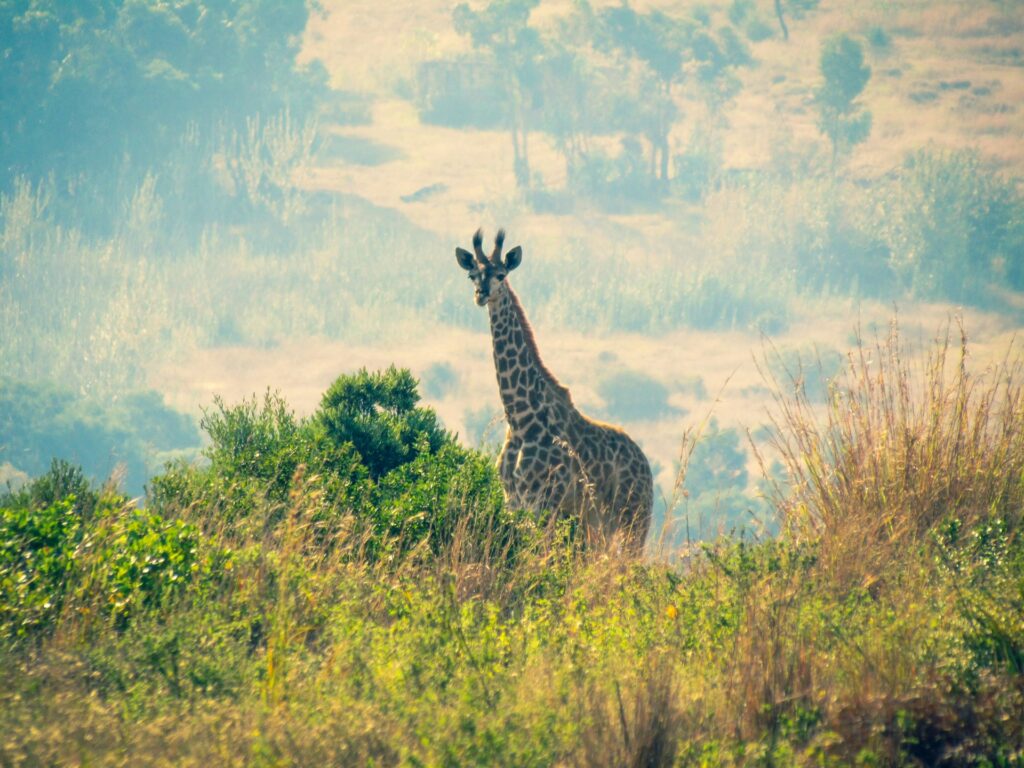Introduction: In the realm of travel, few experiences rival the enchantment of wildlife tourism. From the majestic savannas of Africa to the lush rainforests of South America, wildlife tourism offers a glimpse into the diverse ecosystems that thrive on our planet. In this comprehensive guide, we delve into the intricacies of wildlife tourism, exploring its significance, attractions, and essential tips for an unforgettable adventure.
Understanding Wildlife Tourism
What is Wildlife Tourism?
Wildlife tourism encompasses travel experiences centered around observing and interacting with wild animals in their natural habitats. It offers travelers an opportunity to appreciate biodiversity while contributing to conservation efforts.
Why is Wildlife Tourism Important?
Wildlife tourism promotes conservation by generating revenue for protected areas and fostering environmental awareness among visitors. Additionally, it supports local communities dependent on nature-based tourism.
Types and Categories
Safari Adventures
Embark on thrilling safaris across the African plains, encountering iconic species such as lions, elephants, and giraffes in their natural habitat.
Marine Expeditions
Dive into the vibrant underwater world through marine expeditions, where you can snorkel alongside tropical fish, sea turtles, and majestic whales.
Symptoms and Signs
Signs of Wildlife Distress
Be mindful of signs of distress in wildlife, such as erratic behavior or signs of injury, and maintain a respectful distance to minimize disturbance.
Recognizing Ecological Balance
Observe the delicate balance of ecosystems and recognize the interconnectedness of flora and fauna in sustaining biodiversity.
Causes and Risk Factors
Human Impact
Human activities such as deforestation, pollution, and poaching pose significant threats to wildlife populations and their habitats.
Climate Change
Rising temperatures and habitat degradation due to climate change jeopardize the survival of numerous species, emphasizing the urgency of conservation efforts.
Diagnosis and Tests
Conservation Assessments
Conduct comprehensive assessments of wildlife populations to monitor trends, identify threats, and implement targeted conservation strategies.
Ecotourism Certification
Choose ecotourism operators certified for their commitment to sustainable practices, ensuring minimal environmental impact during your wildlife adventures.
Treatment Options
Habitat Restoration
Support initiatives aimed at habitat restoration and reforestation to provide crucial habitats for wildlife species and mitigate the effects of habitat loss.
Anti-Poaching Measures
Combat illegal poaching through increased surveillance, law enforcement efforts, and community engagement to protect vulnerable wildlife populations.
Preventive Measures
Responsible Tourism Practices
Practice responsible tourism by adhering to ethical wildlife viewing guidelines, respecting wildlife habitats, and minimizing your ecological footprint.
Education and Awareness
Promote environmental education and awareness to empower travelers with the knowledge to make informed decisions and advocate for wildlife conservation.
Personal Stories or Case Studies
Conservation Success Stories
Explore inspiring conservation success stories, where dedicated efforts have led to the recovery of endangered species and the restoration of ecosystems.
Wildlife Encounters
Discover captivating personal anecdotes of unforgettable wildlife encounters, showcasing the profound impact of immersive nature experiences.
Expert Insights
Conservation Experts
Gain insights from leading conservationists on the importance of wildlife tourism in conservation efforts and the challenges facing global biodiversity.
Wildlife Guides
Learn from experienced wildlife guides about the significance of responsible wildlife viewing practices and the importance of conservation education.
Conclusion
In conclusion, wildlife tourism offers unparalleled opportunities for adventure, education, and conservation. By embarking on responsible wildlife experiences and supporting conservation initiatives, travelers can contribute to the preservation of our planet’s natural heritage for future generations.

